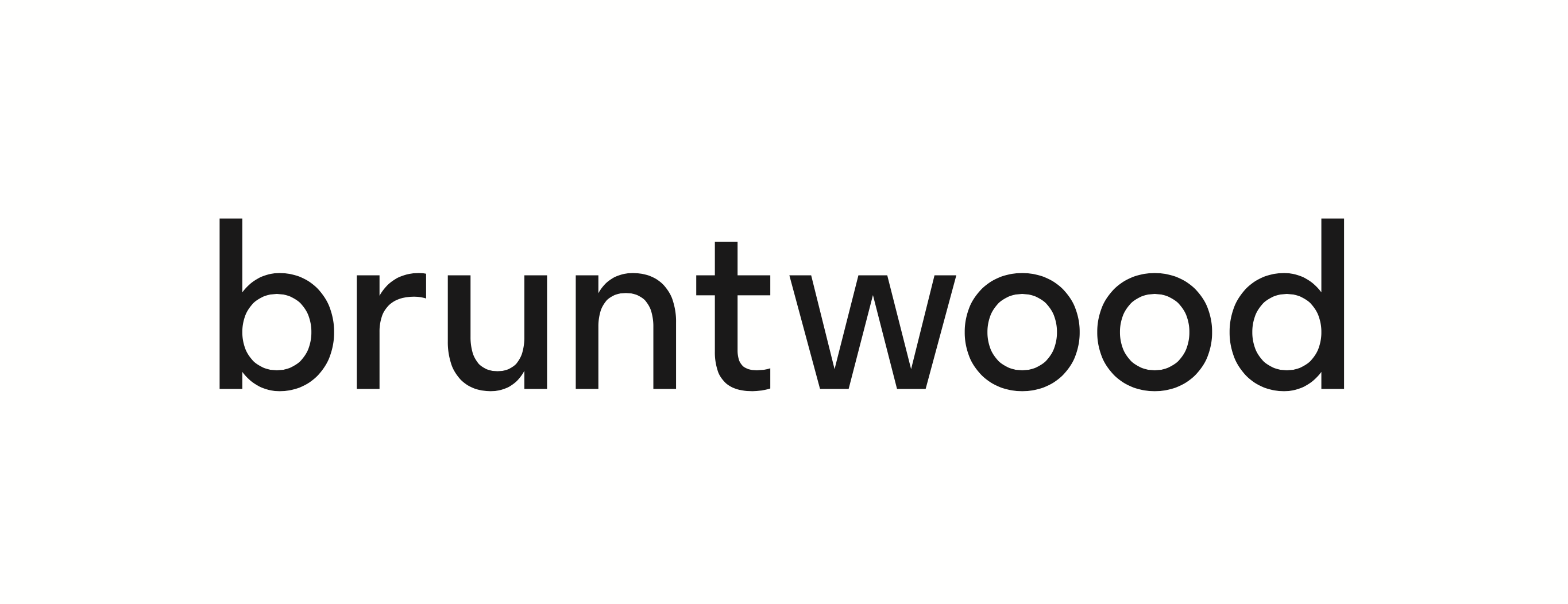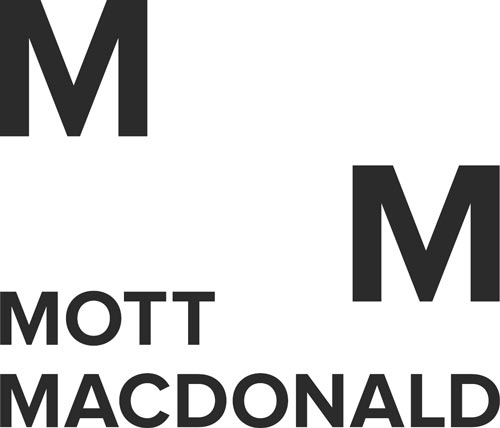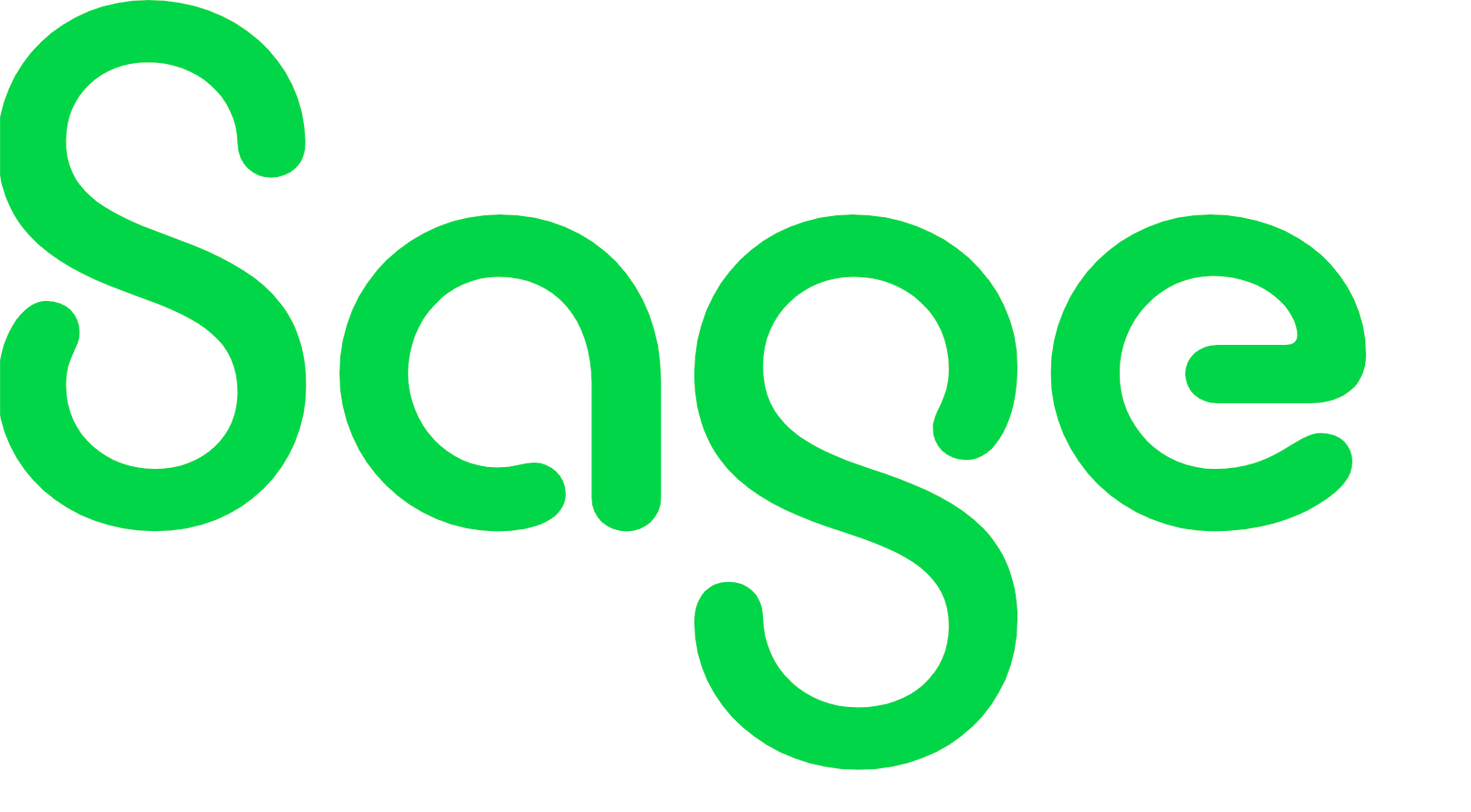Number of disadvantaged pupils soars by 288,000
23.11.20
Top-up school funding must be targeted at the children who need it most, says the chair of the Education Select Committee, as new analysis finds that the number of children eligible for Free School Meals will rise by 288,000 next year.
Rob Halfon MP is backing calls from the Northern Powerhouse Partnership, who published the research, to ensure that schools with high proportions of long-term disadvantaged pupils – who have been hardest hit by lockdown – receive ‘top-up’ funding.
They argue a fairer mechanism is needed to channel the additional Pupil Premium funding the Department for Education will receive from the Treasury next year for the growing number of disadvantaged children, which has skyrocketed as a result of surging Universal Credit claimant rates.
While this would not require the Chancellor to commit any more funds, it would provide a ‘top up’ to schools with the highest levels of disadvantage going into the crisis.
Last week, the Northern Powerhouse Partnership published its second annual Fairer Schools Index (FSI), an adjusted measure for the current DfE league tables.
It takes into account major factors in pupil background including ethnicity, gender, whether English is their first language and whether or not a pupil is on Free School Meals.
The report shows that pupils from disadvantaged backgrounds performed, on average, worse and that white, working-class children were among the lowest performing.
The report supports evidence seen by the Education Select Committee, as part of its inquiry into the reasons behind white working-class children falling behind.
When schools reopened in September, a large proportion of these children – predominantly in the North – have had yet more schooling interrupted as COVID cases rose.
Attendance figures from the Department for Education from October show some parts of the North had attendance rates for secondary school as low as 61%, whereas others in England were near to the usual national figure of 95%.
Rob Halfon said: “The worrying correlation between many ‘left-behind towns’, which already had below-average education attainment levels, and low attendance figures means there may be an entire generation of children who see their futures wiped out through ‘lost learning’.
“These areas have been trapped in a worrying cycle of decline for years: a lack of opportunities means many pupils simply do not see the point in trying. These disparities mean there is now a gaping divide between disadvantaged children and their more well-off counterparts.
“While this is not a new problem, we’re concerned that longstanding issues have been exacerbated by the pandemic as far too many disadvantaged children were able to do next to too little schoolwork in lockdown.”
Two-thirds of the secondary schools that would receive the highest level of targeted support if it was based on long-term disadvantage are in the North of England but there are also high concentrations in the Midlands, through to pockets in counties from Essex to Cornwall.
Lord Jim O’Neill, vice-chair of the Northern Powerhouse Partnership, said: “With no access to a laptop, the internet or even just a quiet place to work, it was inevitable that these children dropped further and further behind their wealthier peers. That is why the catch-up premium, which we – alongside Rob and many other education experts – campaigned for, is so crucial.
“Education is often forgotten when we talk about levelling up. It’s a mistake. There is nothing as important in true levelling up.
“If we want to drive up productivity, close regional divides like that between North-South and build back better, we can’t afford to let the potential of thousands of children go to waste.”
Media Enquiries
For media enquiries and interview requests, please contact the press office on:
Get involved...
There are a number of ways you can help drive forward the Northern Powerhouse agenda.
Our Members
Working with businesses and organisations across the North

















